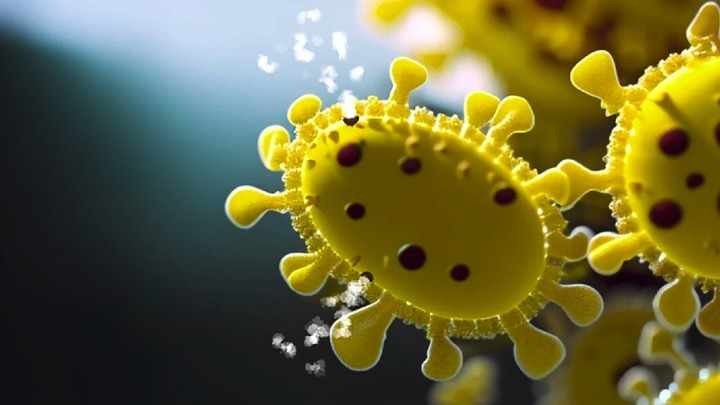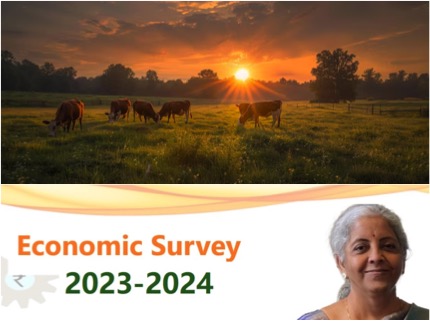Explore the Hydrocow project, a revolutionary effort to transform dairy production by producing whey protein from carbon dioxide and hydrogen. Discover how this innovative project aims to significantly reduce the environmental impact of dairy farming.
In an era where sustainability is not just a preference but a necessity, a revolutionary project dubbed ‘Hydrocow’ is garnering attention for its ambitious goal: to transform the way we produce dairy. Spearheaded by a collaborative effort between Solar Foods, the University of Groningen, RWTH Aachen University, and FGen AG, a subsidiary of Ginkgo Bioworks, this initiative seeks to produce whey protein—an essential component of cow’s milk—from carbon dioxide and hydrogen. The allure of ‘Hydrocow’ lies not just in its innovative approach but in its promise to drastically reduce the environmental footprint of dairy production. Imagine, if you will, a future where the vast expanses of land and copious amounts of water currently dedicated to dairy farming are significantly lessened, all thanks to a process that converts gases into nutritious food.
Breaking New Ground in Food Technology
The core of the ‘Hydrocow’ project revolves around a hydrogen-oxidizing microbe that secretes milk proteins. By utilizing this microbe, the team aims to bypass the traditional agricultural processes involved in dairy farming, potentially reducing land and water use by up to 99%. However, this groundbreaking initiative does not come without its challenges. The process requires electricity to convert hydrogen into a feedstock for the microbes, a hurdle the project intends to overcome by harnessing renewable energy sources. This approach ensures that the project remains aligned with its sustainability goals, minimizing environmental harm while exploring the frontiers of food technology.
The Highs and Lows of Pioneering Science
Described as a ‘high-risk, high-reward’ venture, the ‘Hydrocow’ project is still in its infancy, focusing on a ‘design, build, test, learn’ methodology. The researchers are currently navigating the early stages of development, with ambitions to move into the validation and production phases within four years. Despite the optimism, the project faces significant challenges, including the cost and logistics of scaling up production. Nevertheless, the potential benefits—a more efficient and environmentally friendly alternative to traditional dairy farming—fuel the project’s progress. As the team delves deeper into the science, the question remains: can this ambitious project truly redefine our approach to dairy production?
Looking Toward a Sustainable Future
The ‘Hydrocow’ project is not just about innovation for the sake of science; it’s about reimagining the future of food production in harmony with the planet. By targeting the reduction of agriculture’s environmental impact, particularly in dairy production, this initiative stands at the vanguard of sustainable food technology. As the world grapples with the challenges of climate change and resource depletion, projects like ‘Hydrocow’ offer a glimmer of hope. They remind us that through collaboration, innovation, and a bold willingness to challenge the status quo, a more sustainable and efficient food system is within reach



























